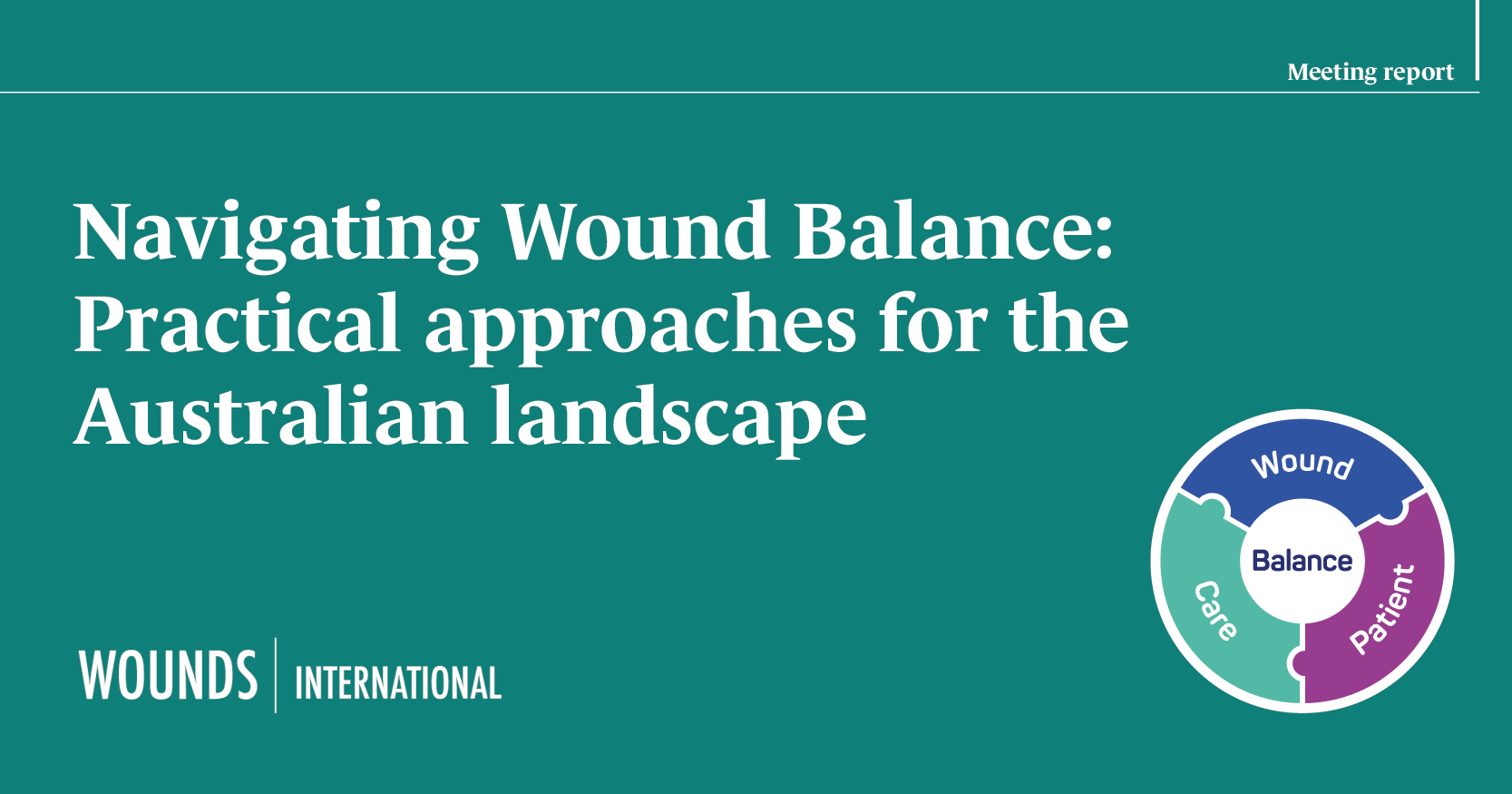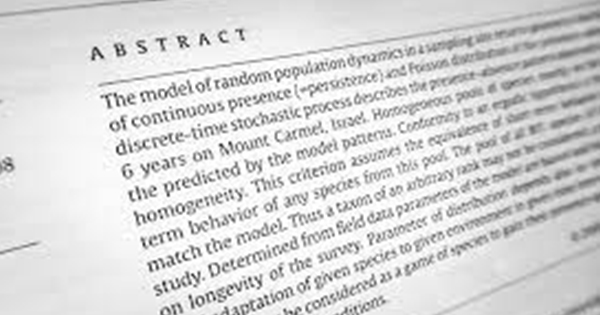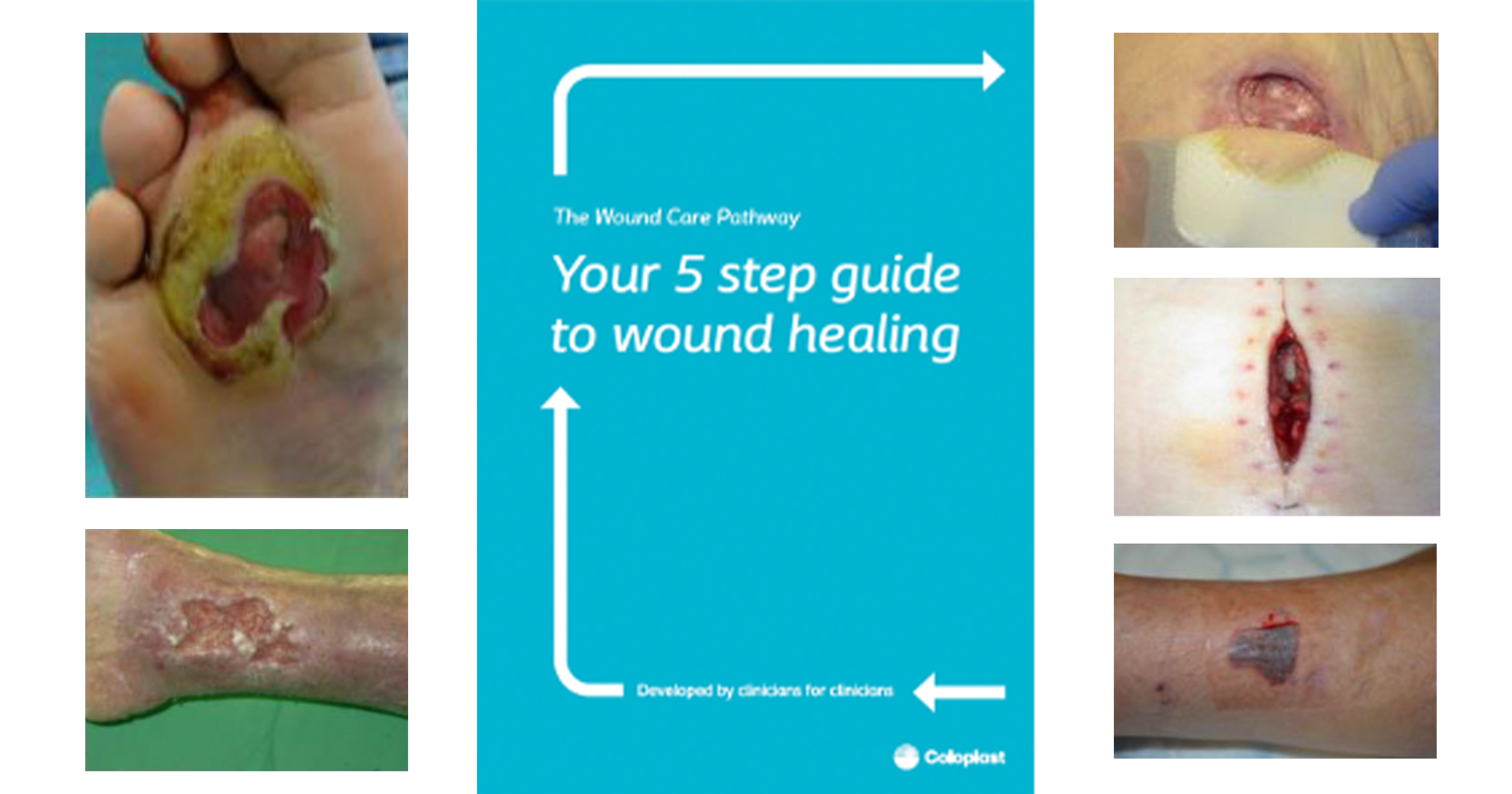<p>Background: Lymphoedema is a chronic disease that requires a lifelong management. Complex decongestive therapy is the recommended treatment, which consists of intensive and of long-term management phases. The goals of treatment can be different for the therapist or for the person who lives with lymphoedema. No study has examined the perception of treatment success of those who experience lymphoedema. Therefore, the aims of the study were to understand what people with lymphoedema consider to be the meaning of success in the intensive phase and in the long-term phase of lymphoedema management. Method: The biopsychosocial model for lymphoedema was used as a conceptual framework for this study. A phenomenological method, with semi-structured interviews and open-ended questions, was applied. Purposeful sampling was used to recruit people who live with lymphoedema of different aetiologies, stages and severities. The interviews were conducted in the long-term management phase for each participant. Content analysis was conducted using value and affective methods for the first cycle coding and axial coding for the second cycle. The most common themes that emerged from the data were hope; lack of-clarity as to moving to the long-term phase of treatment; and empowerment and maintenance versus back to normal (acceptance versus hope). Conclusion: In the intensive phase of treatment, success means disappearance or improvement of the swelling and pain, and better function. In the maintenance phase, success was deemed as stability and not getting worse, but also, for some participants, disappearance of the swelling. </p>




